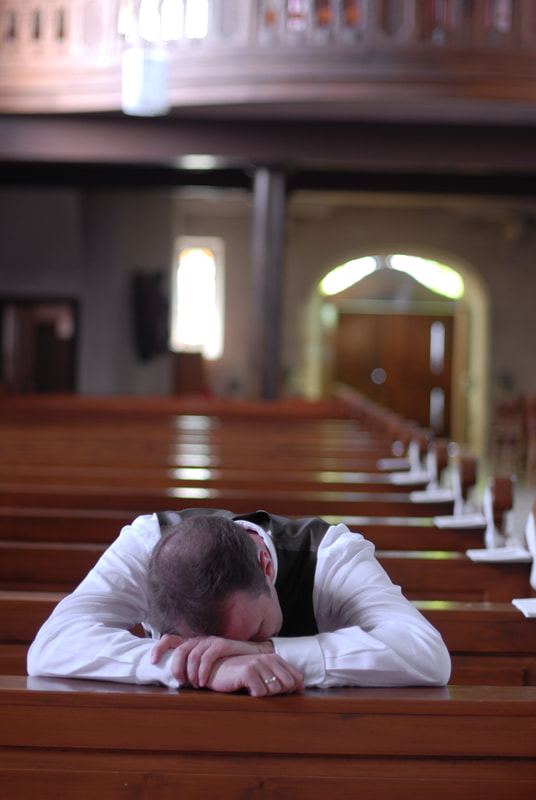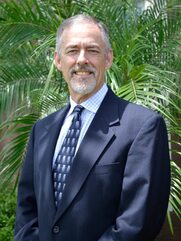 Most of you heard I recently got certified as a chaplain. I was then asked if I would be interested in becoming a Certified Mental Health Coach (CMHC). I was honored at the offer and am now working through the CMHC class offered by the American Association of Christian Counselors (AACC). We are never too old to learn something. During the Covid-19 lockdown I became aware of the increase of mental health issues. Pubmed did an article “The impact of the COVID-19 pandemic on suicide rates”. It stated “Multiple lines of evidence indicate that the coronavirus disease 2019 (COVID-19) pandemic has profound psychological and social effects. The psychological consequence of the pandemic will probably persist for months and years to come. Studies indicate that the COVID-19 pandemic is associated with distress, anxiety, fear of contagion, depression and insomnia in the general population and among healthcare professionals.” BMJ, a global healthcare knowledge provider stated that “Widely reported studies modelling the effect of the covid-19 pandemic on suicide rates predicted increases ranging from 1% to 145%.” “Trends in suicide during the covid-19 pandemic”. John Hopkins reported in “COVID-19 and Suicide: A Crisis Within a Crisis”, “From February to March, there was a 45% increase in calls to the Maryland Helpline, the state’s crisis hotline. Compared to March 2019, March 2020 had an 842% increase in texts to the same service.”. When churches re-opened their doors to members I warned about three different types of people that were coming back to the church. There would be those that felt the virus was a government conspiracy. Others, Covid radicals, who accused churches of being super spreaders. Then there would be those that lost a loved one or their business and were looking for answers. We are still feeling the effects of all three in our churches. In fact with all the confusion on the recent facts of Covid-19 the church has been even more divided. What causes me concern from a church safety provider is the safety teams at the churches will probably be the first contact of persons with mental health concerns. Let me begin with this statement, this is not a safety team issue, it is a whole church issue and everyone from the top-down needs to start paying attention. One case handled the wrong way could cause a church to be sued or even worse someone getting hurt because they were not properly trained on how to deal with a person with mental illness. In the CMHC course it states how the church is no stranger to helping others with mental health issues. Churches work with the homeless, those with addictions, human trafficking, and prison ministries. Some may say that all of these conditions do not create mental health issues. I would disagree, it has a mental effect on all persons involved in these situations. Don’t believe me sit down and talk with a anyone listed in the ministries above and you will see a mental health issue. Talk to the families of those that are homeless or involved in human trafficking. There will be some hurts, habits and hang ups in everyone you talk with. So if you plan on doing any of these ministries be prepared because it will either break you or bless you. It will truly depend on your relationship with Jesus Christ. Yet even though, we the church, appear to be ready to help those in need we must first look at some statistics. CMHC states that “Sixty-six percent of pastors say they never talk about mental health issues from the pulpit. Twenty-five percent of pastors say they don’t want to work with the mentally ill because it takes too much time and thirty to forty percent of individuals with a mental illness encounter a negative interaction in a church. They report their illness is over-spiritualized and categorized as a spiritual issue like a personal sin. Yet most mentally ill patients go to the church first to seek help because seeking professional help cost too much”. With statistics like these we need to be better prepared. So how do we handle the storm that is on the church’s horizon? We train. We teach our staff, safety team members and volunteers that want to learn what to look for and what would be the appropriate response to people that are just looking for help. Isn’t that something we should be doing as Christians, administering to those in need? I think Christ had a story about that. Now I am not saying that we all become Christian Consolers but we need to know what we are looking at so we can get those the proper help they need. In season one, episode one of “The Chosen”, we meet Mary Madeline. In Dallas Jenkins, the producer’s version of the New Testament, Mary is a troubled person with questionable living habits. Even when a holy man (Nicodemus) shows up to attempt to help her, he decides she is far too gone in her mental illness or as we hear his reaction, she is possessed with demons, and there is no hope for her. Contemplating ending her life she has an encounter with Jesus Christ which you need to watch the series to find out what happened. In Light University’s course “Introduction to Mental Health Coaching” they teach you the four Rs’ on what to look for when you feel like a person might have a mental health issue. First we must Recognize. If you have been a Safety Team Member long enough you know immediately when you have someone that just doesn’t seem all together. Once you recognize there might be an issue you need to Evaluate. Does this person have a mental health care problem or are they distracted, disorientated, or requiring medical attention? It gets hot here in Florida, someone coming out of the sun might have a medical issue instead of a mental health issue. Once we decide it is a mental health issue we look for possible signs of how serious is the condition. Is this person going to disrupt your church service, we need to start thinking what our next step should be. During the Recognize phase we also have to assess for the possibility of danger, thoughts of suicide or injuring others. We need to assess for the level of distress which may require the church to contact local law enforcement. Assess for level of functioning. We talked this could be a medical condition or the possibility of a person with dementia that is lost and in the need of professional care beyond that of the Safety Team Member and the church. The second R is to Refer. Once again Safety Team Member should only be involved in the initial contact. We are not trained as mental health coaches, but if we recognize a mental health issue we need to know who to refer to. Churches need to have a next step of what to do when an issue like this is presented to them. Do they have a list of professionals they can recommend to the person in need. If not a list needs to be developed and updated every so often. Letting someone with issues walk out your door without helping them as much as possible or giving them some sort of hope that we care will one day come back on us. We really need to look at what Christ says about helping other and follow those truths. The next R is the going to be the hardest for any Safety Team Member and this is to Relate. I can honestly tell you that there are multiple people that come to our church that has some sort of mental health issue. There is a member in our church that the Lord has laid on my heart to be there for him anytime he needs someone to talk to. I have spoken to him candidly about his condition, I know where the boundaries lay and have on several occasions told him this was something that I felt he needed to talk to a professional about because it is beyond my expertise to help him. He knows when I say that to him, he needs to make that call and he always has. I feel that because of God’s guidance and me being honest with him on some of his issues we have a healthy relationship. I have broken bread with this brother, socialized with him and talked the Gospel with him on many occasions. I have always felt that my friend has a special relationship with God that I will never understand. I remind him all the time that he is a son of God and an heir to the throne. His relationship blesses me more than he will ever know. Mental disorders are not the result of personal sin. I look at him as the beautiful creation God made and we as the church need to never forget our brothers, sisters, and their families. They must have the support of the church. The last thing we must do is Restore. But restore does not only have to do with those with mental health issues. We must be the lighthouse to all. In times of need and we must provide spiritual direction. We must love them, provide a healing environment with grace and reassurance. We need to show how Christ loves all, not just the chosen but all and that there is hope, peace, comfort, and strength in Him. We need to encourage the church to get back to what Christ said was the greatest commandment of the law, “Jesus replied: “‘Love the Lord your God with all your heart and with all your soul and with all your mind.’ This is the first and greatest commandment. And the second is like it: ‘Love your neighbor as yourself.’ All the Law and the Prophets hang on these two commandments.”” Matthew 22:36-40. If we follow the greatest commandments, the four Rs’ will fall into place for everyone that walks into your church. You never know, “Do not forget to show hospitality to strangers, for by so doing some people have shown hospitality to angels without knowing it” Hebrews 13:2. Doing this will make your church a safer place and the rewards will outweigh the time you took to love on those in need.
0 Comments
Your comment will be posted after it is approved.
Leave a Reply. |
AuthorJim has many years of law enforcement experience and has run the safety team at his church for several years. TSA was formed after he realized God's calling when multiple churches reached out and asked him to present at their church. Archives
May 2024
|

 RSS Feed
RSS Feed